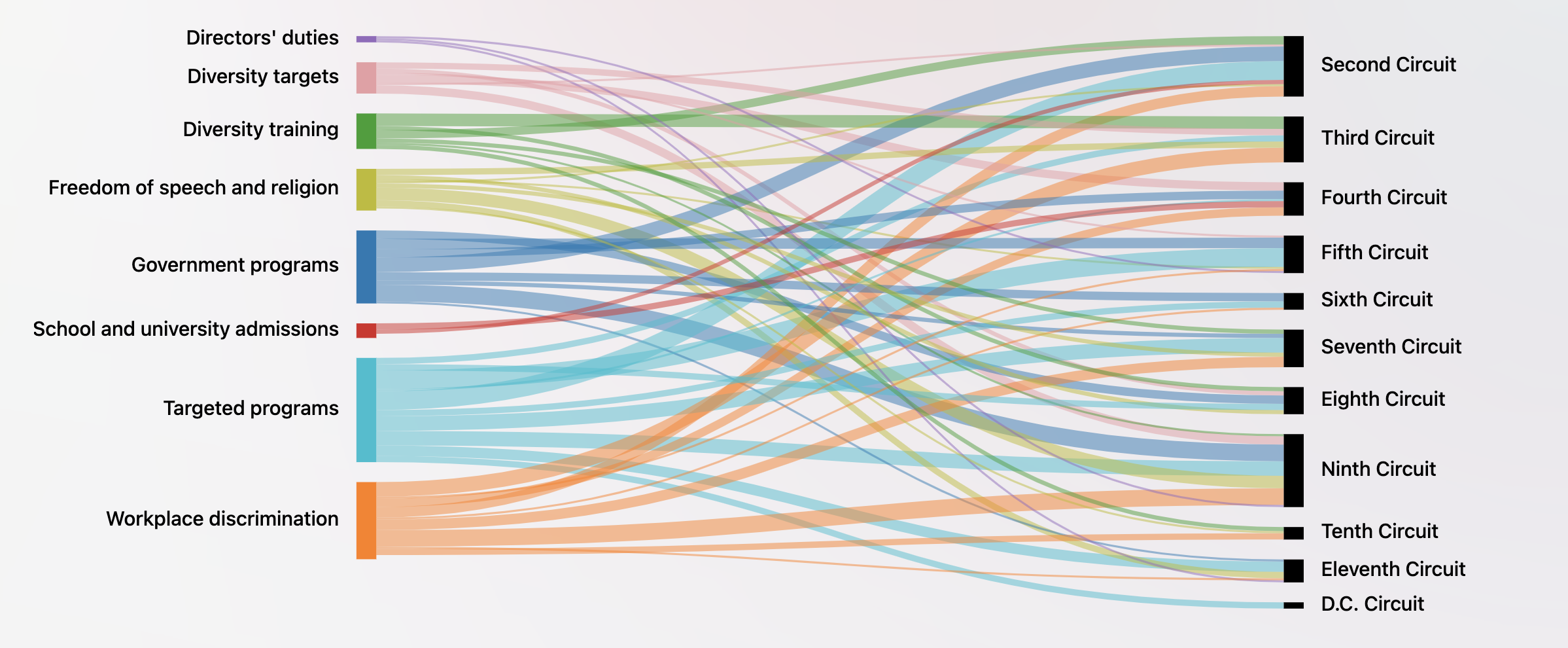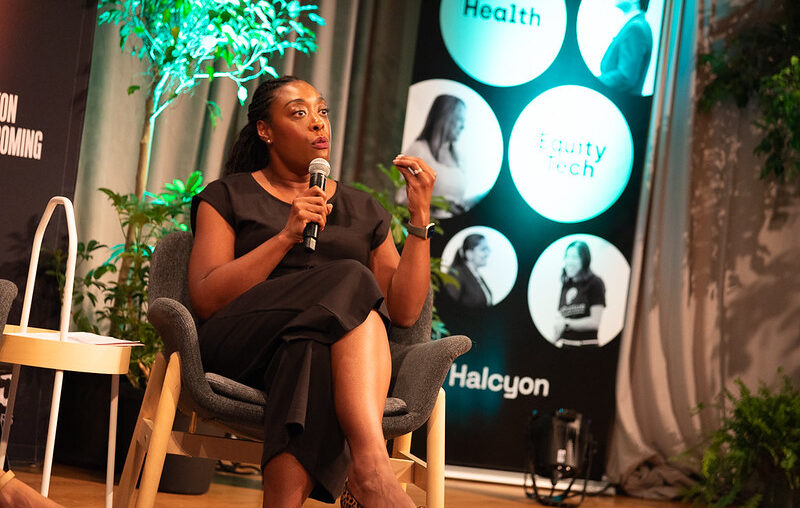About a month after a VC firm and a conservative group settled a lawsuit over a grant program for Black women business owners, legal experts urge companies and investors to be aware of the risk.
While the settlement avoided setting a legal precedent for targeted grant programs, its impacts are still monumental, lawyers specializing in diversity, equity and inclusion (DEI) practices told Technical.ly.
Programs like the Fearless Strivers Grant contest aren’t officially illegal, lawyers note, but the litigation against them will continue to ramp up.
“It’s not something anyone wants to deal with, but it just means that it’s more a question of an organization’s overall risk tolerance,” said Heather Choi, a partner and chief diversity and inclusion officer at the Houston-headquartered law firm Baker Botts. “What’s your risk tolerance relative to your core values and overall mission?”
Citing Section 1981 of the Civil Rights Act, the right-wing American Alliance for Equal Rights sued the Atlanta-based Fearless Fund in the summer of 2023. The suit targeted a program from the investor, which helped several women founders build their companies across the country, that awarded $20,000 to small businesses led by Black women.
Historically, Black women make up only a sliver of venture capital recipients, with their businesses accounting for less than 1% of investments in 2021.
After a year of legal battles, Fearless Fund settled, avoiding “seismic implications,” said David Glasgow, the executive director of the Meltzer Center for Diversity, Inclusion, and Belonging out of the NYU School of Law. Fearless Fund and the American Alliance for Equal Rights did not respond to requests for comment.
In the aftermath of the Supreme Court striking down affirmative action that same summer a year ago — in a case also led by the American Alliance for Equal Rights — lawsuits against targeted programs like the one at Fearless Fund have accelerated, he explained

This onslaught spurred the creation of the Advancing DEI Initiative out of the law school at NYU, The site, which tracks anti-DEI cases across the country, launched in July.
“We wanted to make sure that organizations that are committed to doing DEI work understood the legal risks associated with it,” Glasgow told Technical.ly, “and were able to wrap their heads around everything that’s going on in litigation.”
Corporate giants and smaller funds in a legal tactic’s crosshairs
Fearless Fund isn’t the only grant initiative that’s been attacked.
For example, the e-commerce giant Amazon was sued over a $10,000 grant program for Black, Latino and Native American delivery service partners to help with startup costs. Plus, the insurance company Progressive was challenged over its $25,000 grant program for Black founders to help purchase vehicles for work.
These “targeted programs” like grants or recruitment form the largest category of cases Glasgow tracks at the Meltzer Center.
Glasgow suspects that after the Supreme Court decision, entities like the American Alliance for Equal Rights have more grounds to launch cases like the one against the Fearless Fund.
Many of these groups sue on the grounds of violating Section 1981 rather than Title VII of the Civil Rights Act, he noted. For claiming a violation of Title VII, a plaintiff needs to first file a charge with the Equal Employment Opportunity Commission, and then wait for a right-to-sue letter, per Glasgow. That process isn’t needed for Section 1981.
Glasgow believes citing this section of the law is part of a broader strategy.
“They’re trying to get adverse court rulings as quickly as possible so that they can go back up to the Supreme Court,” Glasgow said.
Ways to avoid risk
While the settlement avoided setting a new legal precedent, Glasgow believes operating similar grant programs is still legally vulnerable. As litigation continues, there’s a chance of an adverse court ruling eventually happening, he explained
“[Settling] preserved the ability for organizations to continue doing these kinds of programs if they want to,” Glasgow said. “Some organizations may have a high risk tolerance and be willing to just get sued and fight, but a lot of other organizations might want to maybe change the structure of the program.”
Choi outlined one way programs can avoid that risk. Around the same time as the Fearless Fund lawsuit, the American Alliance for Equal Rights sued several law firms over fellowship programs aimed at diverse law students.
Several firms pivoted programs to focus on the mission of the firm instead of the founders themselves, Choi explained.
Law firms opened the fellowship applications to everyone, but required an essay for the applicant to describe commitment to diversity in the legal profession.
“The goal and the intentions behind it are the same,” Choi said, “but you just go about it in a different way.”
Still, there are organizations and funds working to reach diverse founders, she noted.
The settlement hasn’t slowed down the Fearless Fund. It just announced a seven-figure investment in the e-commerce platform Zimi, TechCrunch reported.
“People,” said Choi, “are still doing the work.”

